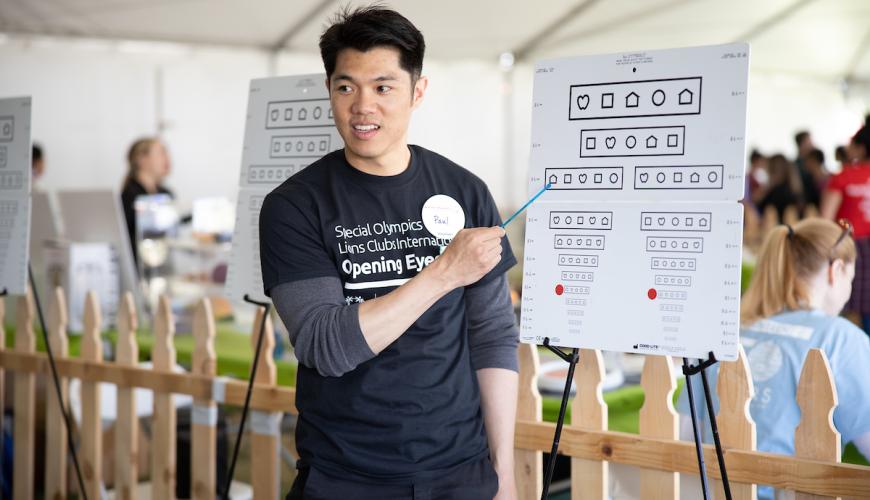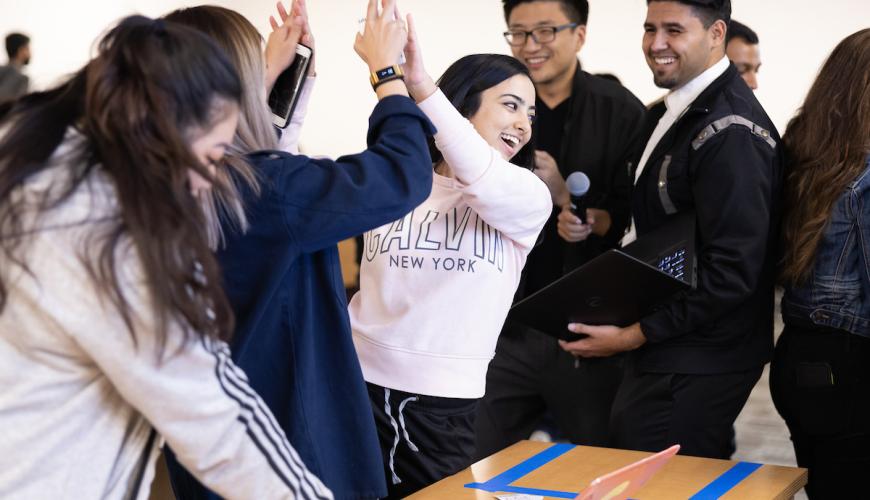The Marshall B. Ketchum University Strategic Plan represents the goals and objectives developed by the University’s constituents including students, faculty, staff, administrators and Board of Trustees.
The pillars outlined below serve to guide the University with a transformative plan of action in creating a student-centered university, faculty and staff development, fostering university culture, enhancing infrastructure and space utilization, and enhancing patient-centered care.




 Pillar 1
Pillar 1 Pillar 2
Pillar 2
 Pillar 4
Pillar 4